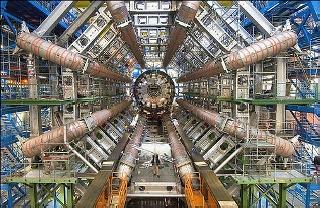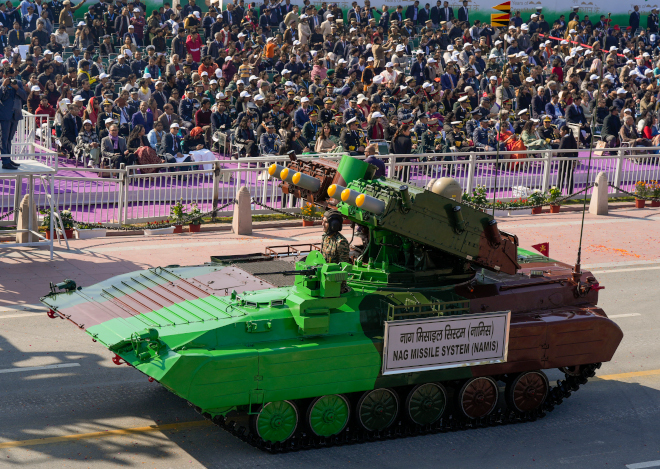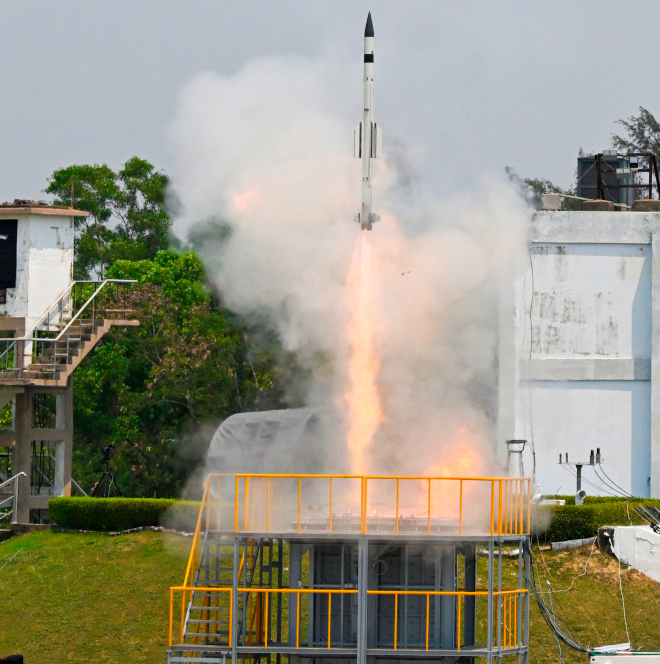
A file photo.
KOLKATA (PTI): CERN, which is conducting multi-billion dollar experiments on particle physics, expects to be ready with the technology for a special linear collider for precision measurements of sub-atomic properties discovered by the Large Hadron Collider.
"We expect the proposal (for the technology) to be ready by the end of this decade," Philippe Lebrun, member of the CERN director-general's unit, told PTI.
Once built, The 'International Linear Collider' will be the next big accelerator after the LHC to experiment in particle physics.
Describing the LHC as a "super microscope", Lebrun said the purpose of the ILC is to probe matter at a small scale and precisely measure the phenomena observed by the LHC.
The basic purpose of colliders is smash the atomic particles so hard that they break and new particles can be discovered.
The high energy collisions could potentially give us information about many things ranging from black holes to extra dimensions.
LHC, the most powerful particle accelerator, aims to find a particle known as Higg's Boson which might explain why objects have mass and why mass is always positive. However, in its collision energy is distributed among the many constituents such as quarks and anti-quark and it is harder to analyse.
Noting there are many challenges regarding technology of the collider, he said two separate studies were being conducted to find the best technology for the machine.
The European Organisation for Nuclear Research (CERN), as the lead laboratory, is conducting the first study in collaboration with 41 institutes in 21 countries, while another by a consortium of scientists and engineers from American, European and Asian countries.
"India is contributing to both the studies", he said.
"The goal of the two studies is the same, but the competition is for a cost-effective and efficient technology," Lebrun, former head of the CERN Accelerator Technology, said.
Lebrun said some other issues like the geographical location of the collider, the governance structure of the global project and funding would have to be worked out.
Lebrun said the biggest challenge in building high-energy accelerators is their size -- a long time, often several decades are needed for their development and construction. Another big challenge is their cost.
Keeping in mind the big time gap taken between conception of a high-energy accelerator and its shut down, CERN has developed a computer-based data management system for future access to all technical information on the machine and its findings.
"We have used this data management system in case of the LHC. This can be accessed through the world-wide web. We think this will be a good way to bridge the time gap," Lebrun said.
He said to meet the data processing needs of the LHC, an important spinoff had been the invention of Grid Computing by which, instead of a mainframe, data is stored in clusters of computers connected through a grid of high-bandwidth communication links.
"Grid computing has some other uses as well like medical and geoscience applications. For example, it can be used in climate modelling and epidemic modelling. Besides, it can also be used in many areas of natural science," he said.
Two Indian institutions -- the Tata Institute of Fundamental Research, Mumbai, and the Variable Energy Cyclotron Centre, Kolkata, are connected to the CERN through grid computing, he said.
 Previous Article
Previous Article Next Article
Next Article













The Indian Air Force, in its flight trials evaluation report submitted before the Defence Ministry l..
view articleAn insight into the Medium Multi-Role Combat Aircraft competition...
view articleSky enthusiasts can now spot the International Space Station (ISS) commanded by Indian-American astr..
view article